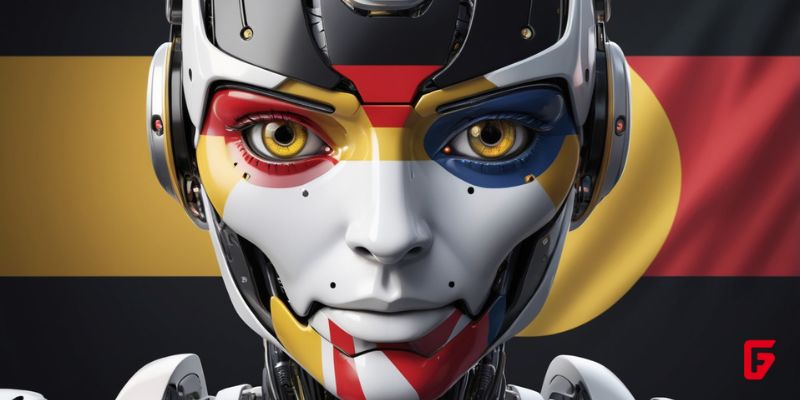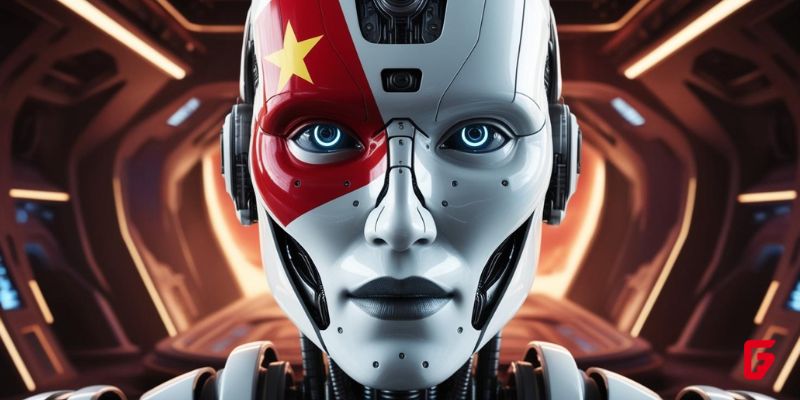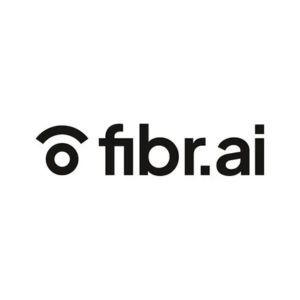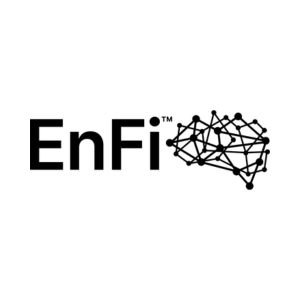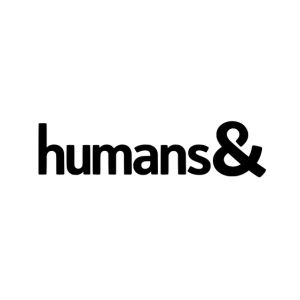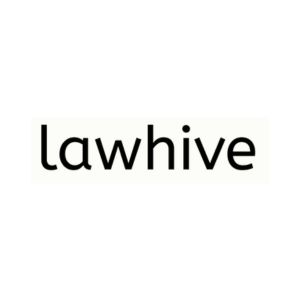Startups & Business News

Microsoft is making a bold move to address the global AI skills gap with its new $4 billion Elevate initiative, aiming to train 20 million people in artificial intelligence over the next five years. Announced by President Brad Smith, this program is designed to empower individuals worldwide as AI becomes increasingly integrated into work and education.
A Centralized Platform for AI Learning
The Elevate platform brings together Microsoft’s previous education and nonprofit efforts under a single framework, streamlining access to technology support, grants, and training. This unified approach replaces the company’s Philanthropies and Tech for Social Impact teams, making it easier for K–12 schools, community colleges, and nonprofits to benefit from Microsoft’s resources.
Elevate Academy: Credentials for the Future
At the heart of the initiative is the new Elevate Academy, which aims to reach millions in just two years. The Academy offers a structured learning path, from digital basics to advanced AI skills, delivered through LinkedIn Learning and GitHub—platforms already trusted by professionals and developers. Learners can pursue industry-recognized certifications, making them more competitive in today’s job market.
Collaborative Rollout with Global Partners
Microsoft is leveraging partnerships with education nonprofits, labor unions, and government agencies to scale the program globally. The “Hour of AI” module, developed with Code.org, introduces younger students to AI fundamentals, while a summer skilling series ensures year-round access to training. Labor unions, including the National Academy for AI Instruction, are helping workers in various trades adapt to the evolving demands of the workplace. In Germany, collaboration with North Rhine-Westphalia is enhancing regional AI programs.
Aligning with Public and Institutional Standards
To ensure the training is relevant and responsible, Microsoft is working with public agencies, the United Nations, the Vatican, and academic institutions. These collaborations are focused on integrating AI skills into national education systems and promoting ethical standards in AI learning. The program builds on Microsoft’s long-standing commitment to digital literacy and public education.
Technology That Amplifies Human Potential
Microsoft’s vision for Elevate is clear: technology should augment human potential, not replace it. The initiative emphasizes skills that enhance judgment, creativity, and personal contribution. The company believes that meaningful work is deeply tied to identity and dignity, and this principle guides how Elevate is shaping the future of AI education.
Key Takeaways for the Future of Work
Here is a table featuring key statistics from Microsoft’s Elevate AI training initiative:
| Statistic | Value/Detail |
|---|---|
| Total Investment | $4 billion |
| Program Duration | 5 years |
| Targeted Individuals Trained | 20 million |
| Number of Employees (Elevate) | Approximately 300 |
| Credentialing Goal Timeline | 20 million people to earn AI credentials within 2 years |
| Key Delivery Platforms | LinkedIn Learning, GitHub |
| Primary Beneficiaries | K–12 schools, community colleges, nonprofits, global workforce |
| Major Partnerships | Code.org, American Federation of Teachers (1.7 million members), North Rhine-Westphalia |
Microsoft’s Elevate program is not just about teaching technical skills—it’s about preparing the workforce for a future where AI literacy is essential for both career growth and societal progress.

futureTEKnow
Editorial Team
futureTEKnow is a leading source for Technology, Startups, and Business News, spotlighting the most innovative companies and breakthrough trends in emerging tech sectors like Artificial Intelligence (AI), Robotics, and the Space Industry.
Discover the companies and startups shaping tomorrow — explore the future of technology today.
Most Popular
Trending Companies
Latest Articles

Foodforecast Raises €8M Series A to Slash Ultra-Fresh Food Waste with AI
Foodforecast, a Cologne AI foodtech firm, just scored €8M in Series A funding led by SHIFT Invest. Their tools predict
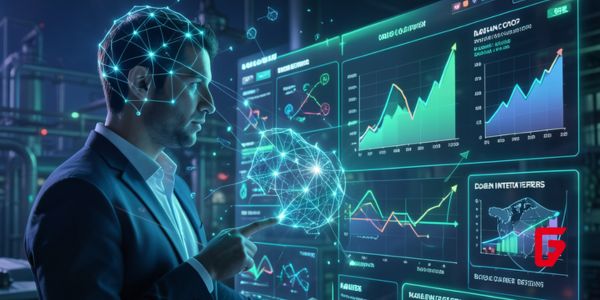
AI-Driven Operational Excellence: How Leaders Scale Ownership, Discipline, and Continuous Improvement in 2026
In 2026, AI scales operational excellence fundamentals—clear ownership, disciplined execution, and continuous improvement—letting leaders focus on outcomes while systems handle
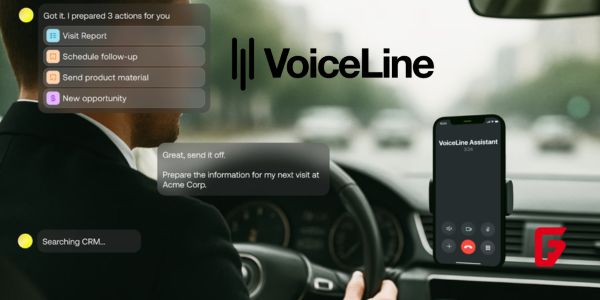
VoiceLine raises €10M to scale voice AI for enterprise frontline teams
Munich-based VoiceLine has closed a €10M Series A round to grow its voice AI platform for frontline sales and service

AI-Driven Logistics & Distribution Transformation: From Insight to Scalable Impact
AI is redefining logistics transformation—from network design to real-time execution. This article explores how data-driven insight, intelligent automation, and scalable
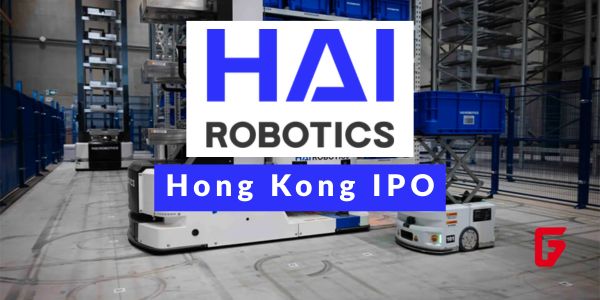
Hai Robotics Hong Kong IPO: From Startup Funding to Warehouse Robot Leader
Shenzhen’s Hai Robotics, pioneer in ACR warehouse robots, files for HK IPO after raising over $500M in funding rounds led
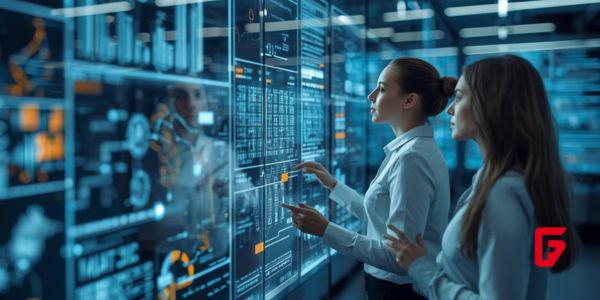
AI-Enabled Process Engineering & Continuous Improvement: Designing Systems That Learn
Explore how AI transforms process engineering and continuous improvement into self-learning systems. This article explains how organizations can design operations
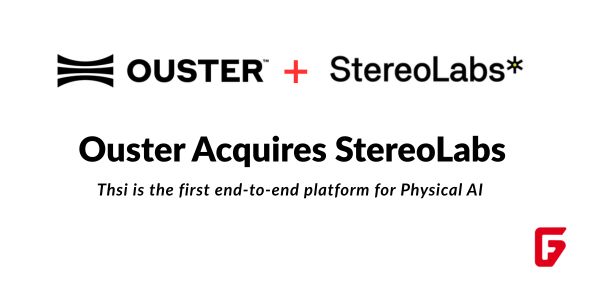
Ouster Acquires StereoLabs: Unified Physical AI Sensing Platform Launches
Ouster’s $35M StereoLabs acquisition fuses lidar and ZED cameras into end-to-end Physical AI sensing. Founders Cecile Schmollgruber and team drive
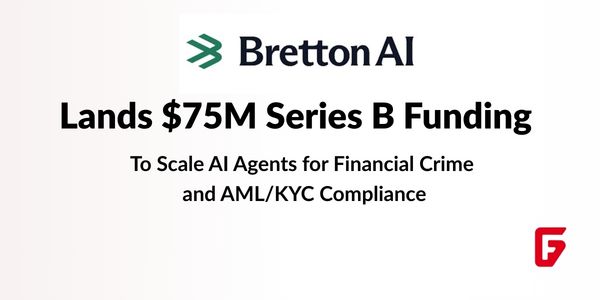
Bretton AI Lands $75M Series B Funding to Scale AI Agents for Financial Crime and AML/KYC Compliance
Bretton AI’s $75M Series B modernizes AML KYC compliance via AI agents, slashing staffing costs for banks and fintechs like

Axiom Space Raises $350M to Build Commercial Space Station and NASA Spacesuits
Axiom Space has locked in a fresh $350M raise to push its commercial space station and NASA lunar spacesuits toward
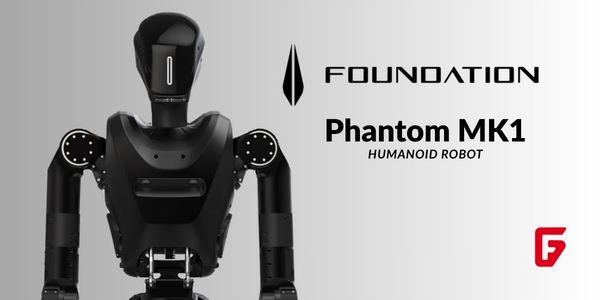
Foundation Humanoid Robot: Phantom MK1 Overview, Military Plans, and Factory Deployments
Foundation’s Phantom MK1 humanoid robot hits factories and eyes military use. Check specs, pilots, and bold 50k goal by 2027.
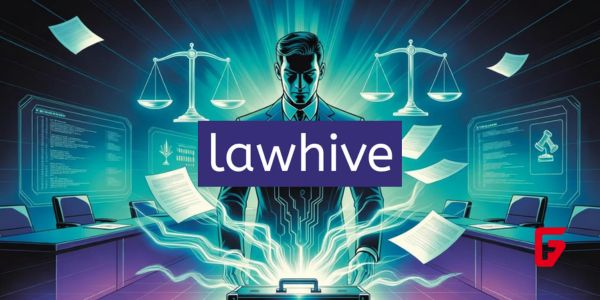
Lawhive Raises $60M Series B To Take Its AI-Powered Law Firm Model Across The US
Lawhive has secured a $60M Series B round to scale its AI-native law firm model across the US, promising faster,
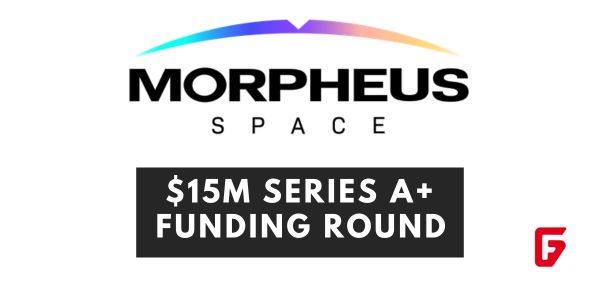
Morpheus Space Raises $15M for GO-2 Electric Propulsion Mass Production
Morpheus Space secures $15M funding for GO-2 electric propulsion mass production. Learn how this boosts satellite mobility with efficient thrusters.
futureTEKnow is focused on identifying and promoting creators, disruptors and innovators, and serving as a vital resource for those interested in the latest advancements in technology.
© 2026 All Rights Reserved.
![Discover the top 10 AI companies in Germany [1st Edition], revolutionizing industries with cutting-edge technology and innovations.](https://futureteknow.com/wp-content/uploads/2025/02/Top-10-AI-Companies-in-Germany-Leading-the-Tech-Revolution-futureTEKnow.jpg)
